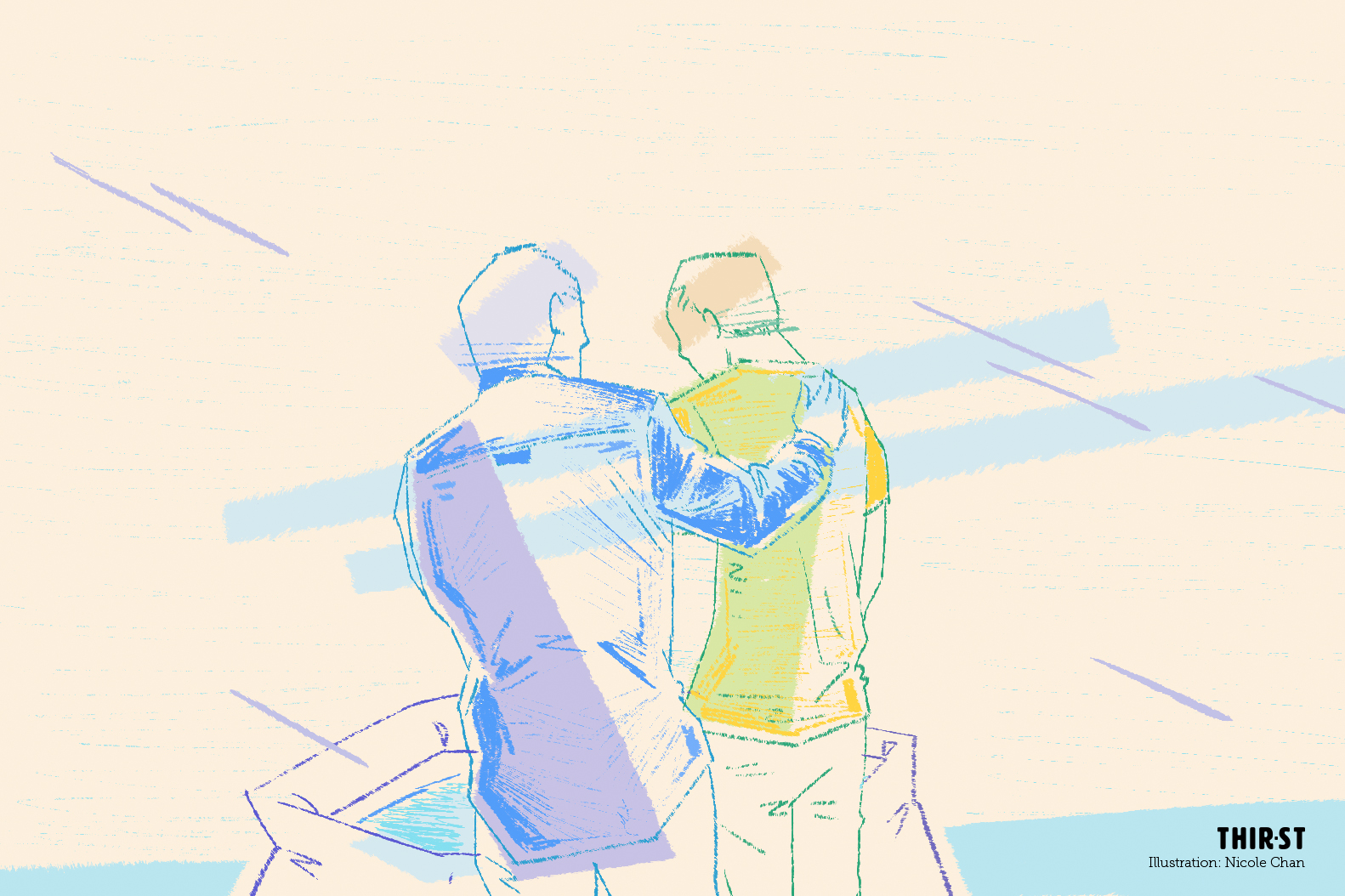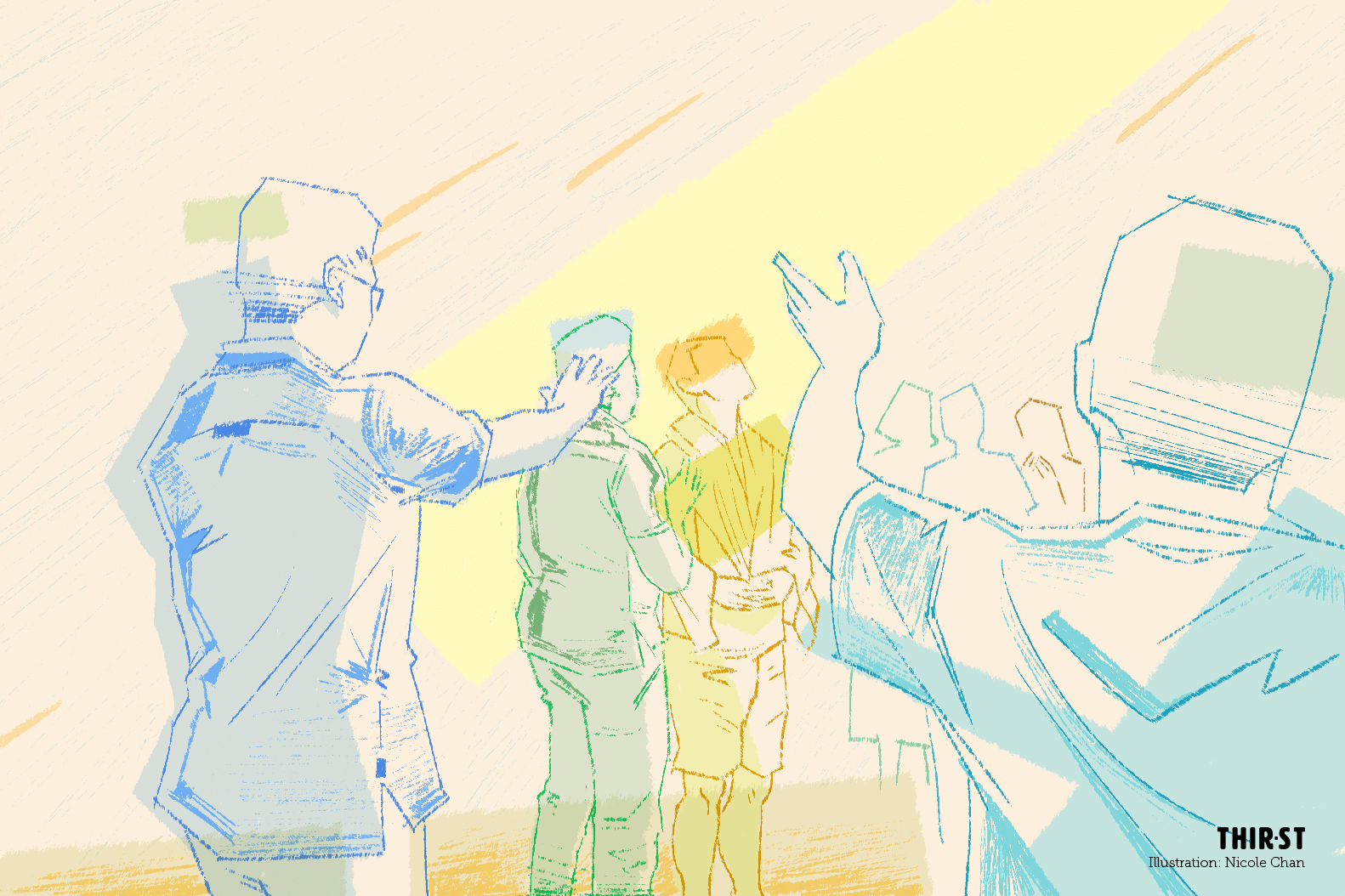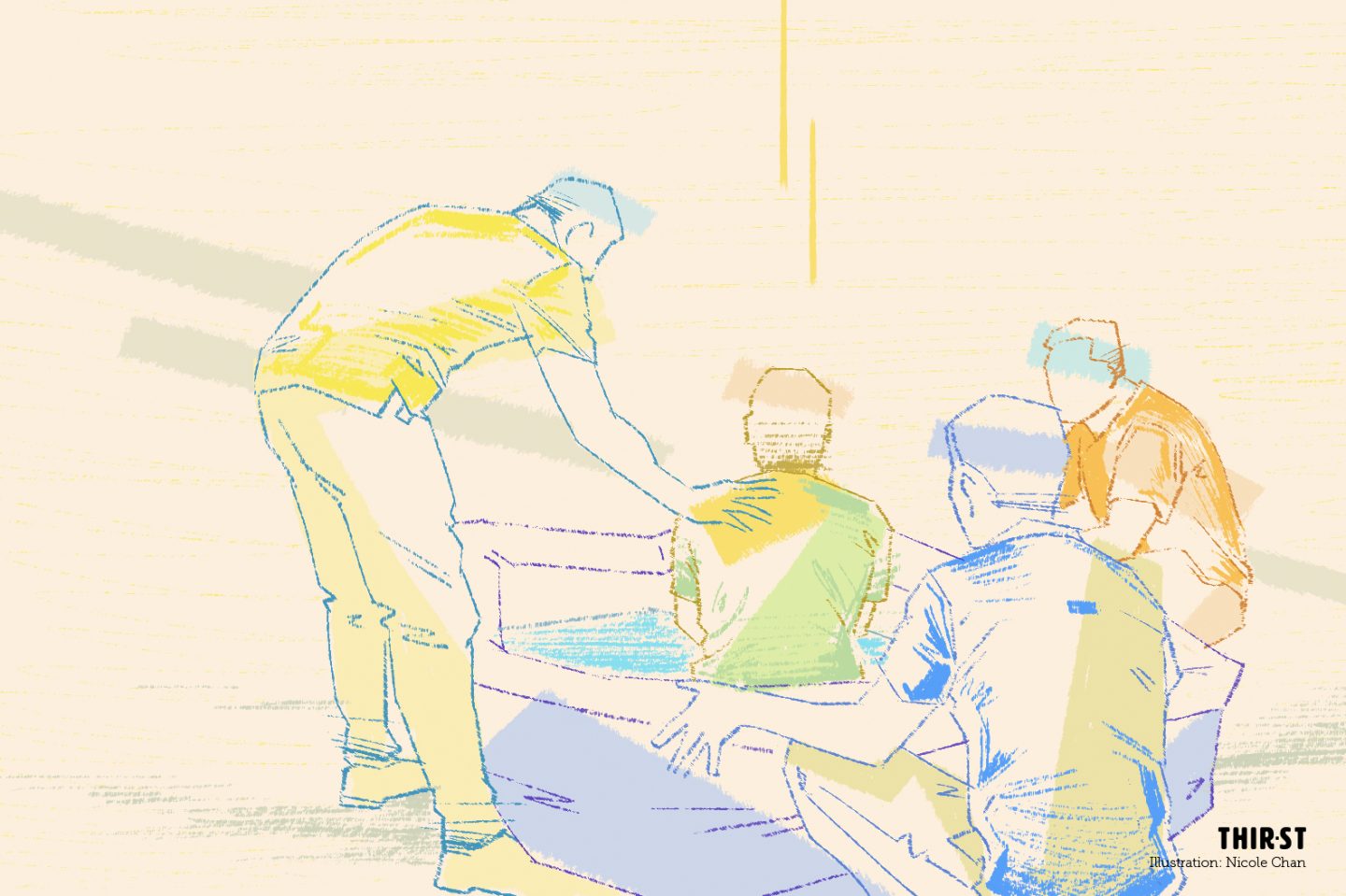Last month, I boarded a bus not knowing where exactly it was going to take me, or what to expect over the next 3 days. I had signed up for a church camp in China almost 4,000km away from home.
I second-guessed my decision a lot, and would probably have backed out if my air tickets hadn’t already been booked.
Then I remembered an old, bookmarked, back-of-mind thought that I’d once entertained: “What if my faith didn’t work overseas?”
Surely God is not limited by neither geographical boundaries nor language – but what if I was?
What if my faith and my understanding existed in a bubble that would not survive outside of the Church community I was comfortable with?

Years ago, I met a lecturer who wrote a paper about how music and a carefully-engineered atmosphere combined to manipulate converts to join the Christian faith – it’s all in the emotion.
He was the same lecturer who first taught me that correlation does not always mean causality – emotional music and a great atmosphere are not the enemy – but I think if I’m not careful, I can limit my faith to emotion and familiarity.
On the bus journey to the campsite, I began to feel the gap in our cultures through the conversations taking place around me.
And it took much mental effort to bridge that gap to process words, humour and slang from a culture I was not used to and a language I had not mastered.
But I figured I would just try: Cultures can be bridged, seas can be crossed and differences can be worked out with willingness.
I would learn it’s not impossible, the man seated behind me demonstrated that to me.

Fred* is a Singaporean who, for many years, has taken up the task of loving the people of China and building the Church there for the last 8 years. I didn’t envy his task, imagining that it must have often felt lonely and trying.
The next day, I was around the meeting hall when I saw a crowd gathered outside the building, around a very small inflatable pool.
They were getting baptised! In Christianity, water baptism symbolises the believer’s acknowledgment and total trust in Jesus Christ as their Lord and Saviour. As the believer goes in and comes out of the water, it is a symbolism of their identification with Jesus Christ’s death and resurrection.
A young boy who was in his early teens had just stepped out of the pool that was a tad too small for him, and Fred prayed over him in Mandarin: “Help this boy to escape from the selfish desires that so often traps our youth.”
He was praying from 2 Timothy 2:22 where the original Greek word for desires (epithumia) means a great desire to do something – a strong longing directed at an object.
These desires can run along the fault lines of impatience, love of arguing and/or unrestrained lust for anything the soul craves.
… emotional music and a great atmosphere are not the enemy, but I think if I’m not careful, I can limit my faith to emotion and familiarity.
“The heart wants what it wants” is an anthem for young people who have yet to be acquainted with the dangers of these desires.
Such selfish wants wage war against a person’s soul, and that’s why it was such a beautiful sight to see Fred pray that prayer of freedom over that young boy.
And as Fred prayed, his words stirred something in my own heart.
I saw his task in a new light: What a privilege it is to be able to pray for others – the next generation especially – to live life knowing that they are loved by God and to pray that they come increasingly free from the trappings of selfish desires that sink them into conflict.
When I deemed Fred’s task unenviable, it revealed my heart’s reluctance to be committed to such a task. And in that moment, I found myself a little more free from the trappings of what I thought a good life looked like.

As I left my bubble of familiarity, I found God and His people in places I had never been before. There is a fullness – and I’m only just scratching the surface – in walking together with God, no matter where it is, as long as it is where He is.
When I worried that my faith would not work, I forgot that God is infinitely greater than what I can comprehend.
But more importantly: God is good to His people. And it is only because of that that my faith can stand – it’s who I place my faith in.
If you’ve wondered if you should go on a trip somewhere to contribute to church-planting efforts or just to tell someone about the love of God, you might find that the trip will do more for you than what you think you can do for others.
I found it helps not to let myself get in the way of what God can do.
Faith dies without action: What’s your next step?









